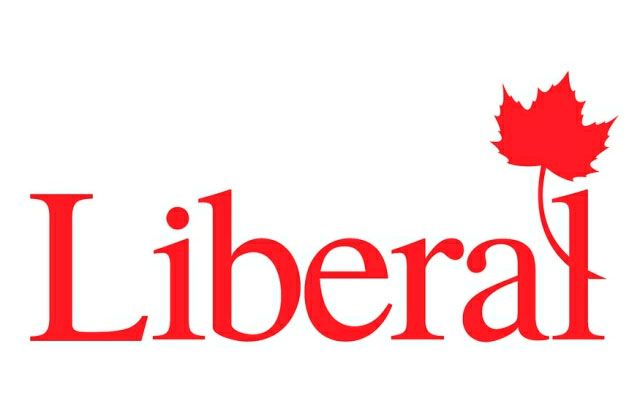Jane Taber in the Globe and Mail today:
The Liberals acknowledged yesterday that they tried when they were in office to eliminate tax credits for offensive movies, but only to prevent a film about schoolgirl killers Paul Bernardo and Karla Homolka.
Critics say that a similar move by the federal Conservative government is an attempt to censor the Canadian film and TV industry.
I tell ya, it’s never been easier to point out a double standard! While Taber does great work reporting on the Liberals coming forward first to suggest that they’ve done something similar, what she fails to mention is that the controversial section of the legislation limiting grants for subjectively offensive films is virtually word for word the same as the Liberal legislation!
In 2003, Sheila Copps, the Liberal Minister of Heritage introduced the following:
(3) The definition “Canadian film or video production certificate” in subsection 125.4(1) of the Act is replaced by the following:
“Canadian film or video production certificate” means a certificate issued in respect of a production by the Minister of Canadian Heritage certifying that the production is a Canadian film or video production in respect of which that Minister is satisfied that
(a) except where the production is a prescribed treaty co-production (as defined by regulation), an acceptable share of revenues from the exploitation of the production in non-Canadian markets is, under the terms of any agreement, retained by
(i) a qualified corporation that owns or owned an interest in the production,
(ii) a prescribed taxable Canadian corporation related to the qualified corporation, or
(iii) any combination of corporations described in (i) or (ii), and
(b) public financial support of the production would not be contrary to public policy.
Guidelines
(7) The Minister of Canadian Heritage shall issue guidelines respecting the circumstances under which the conditions in paragraphs (a) and (b) of the definition of “Canadian film or video production certificate” in subsection (1) are satisfied. For greater certainty, these guidelines are not statutory instruments as defined in the Statutory Instruments Act.
and here’s the analogous parts of C-10, the Conservative legislation:
(3) The definition “Canadian film or video production certificate” in subsection 125.4(1) of the Act is replaced by the following:
“Canadian film or video production certificate” means a certificate issued in respect of a production by the Minister of Canadian Heritage certifying that the production is a Canadian film or video production in respect of which that Minister is satisfied that
(a) except where the production is a treaty co-production (as defined by regulation), an acceptable share of revenues from the exploitation of the production in non-Canadian markets is, under the terms of any agreement, retained by
(i) a qualified corporation that owns or owned an interest in, or for civil law a right in, the production,
(ii) a prescribed taxable Canadian corporation related to the qualified corporation, or
(iii) any combination of corporations described in subparagraph (i) or (ii); and
(b) public financial support of the production would not be contrary to public policy.
(7) The Minister of Canadian Heritage shall issue guidelines respecting the circumstances under which the conditions in paragraphs (a) and (b) of the definition of “Canadian film or video production certificate” in subsection (1) are satisfied. For greater certainty, these guidelines are not statutory instruments as defined in the Statutory Instruments Act.
In February 2004 (under Liberal PM Paul Martin’s government), the following guidelines describing “ineligible genres of production” (those that do not qualify for a tax credit under the program:
a) news, current events or public affairs programming, or a programme that includes weather or market reports;
b) talk show;
c) production in respect of a game, questionnaire or contest (other than a production directed primarily at minors);
d) sports event or activity;
e) gala presentation or an awards show;
f) production that solicits funds;
g) reality television;
h) pornography;
i) advertising;
j) production produced primarily for industrial, corporate or institutional purposes;
k) production, other than a documentary, all or substantially all of which consists of stock footage; or
l) production for which public financial support would, in the opinion of the Minister of Canadian Heritage, be contrary to public policy.
Double standard? Yes, I think so.

 A Conservative government under the leadership of Stephen Harper will reduce the GST from 7% to 6% immediately and then to 5% within five years.
A Conservative government under the leadership of Stephen Harper will reduce the GST from 7% to 6% immediately and then to 5% within five years.